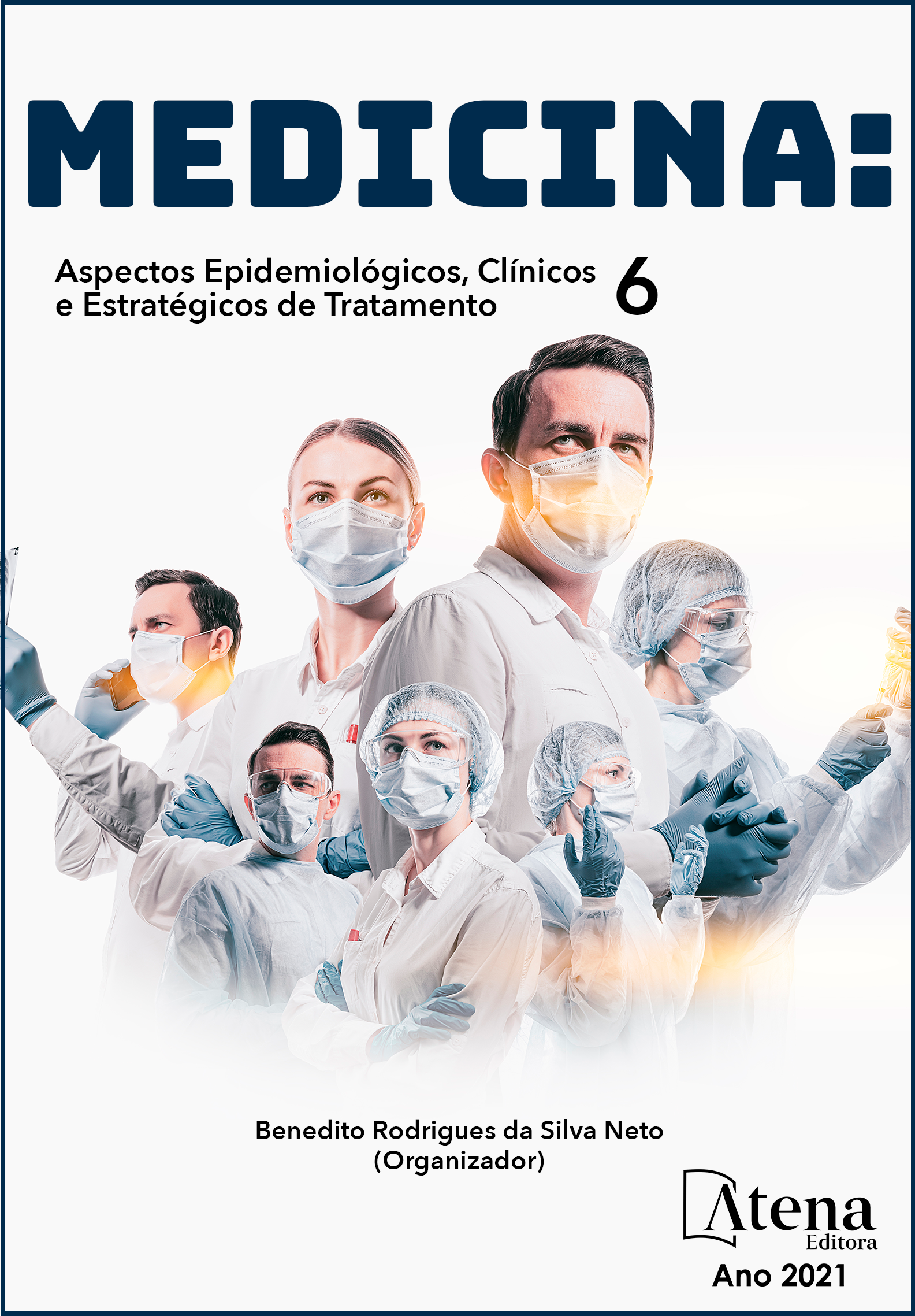
OS EFEITOS DA MEDITAÇÃO E SUA IMPORTÂNCIA CLÍNICA NO PROCESSO SAÚDE-DOENÇA
INTRODUÇÃO: A meditação é um treinamento mental, que atua tanto na regulação emocional, quanto na saúde física, a partir da sua resposta frente às patologias. Com resultados promissores, pode ser utilizada em diversos tratamentos, atuando na promoção da saúde. OBJETIVO: Elucidar os efeitos da meditação na prática clínica e na recuperação de doenças. MÉTODOS: Foram selecionados quinze artigos em inglês e em português nas bases de dados SciELO e PubMed, no período de novembro de 2020, através da busca dos termos “meditação”, “emocional”, “doença” e “estresse”. Além disso, foram excluídos artigos publicados há mais de 20 anos. REVISÃO DA LITERATURA: A meditação tem sido altamente pesquisada na linha da psicologia cognitivo-comportamental. A saúde física e psíquica são as áreas onde os resultados são mais encontrados. Pesquisas feitas com tarefas comportamentais demostraram que a meditação pode controlar os fatores relacionados a atenção e a regulação emocional, além de elevar a capacidade de processar informações, através de modulação e controle dos recursos mentais. Os tipos meditativos mindfulness e transcendental, são os mais estudados e demonstraram benefícios claros, como a melhora da memória, sono, redução do envelhecimento cerebral, entre outros. Ademais, vários são os cenários, como a Atenção Primária à Saúde e as penitenciárias, em que são vistas influências da prática meditativa no manejo de situações estressantes; diminuição da agressividade em pacientes psiquiátricos, uma melhor qualidade de vida e promoção da saúde. CONCLUSÃO: A meditação traz vários benefícios à saúde, contribuindo para o tratamento de muitas doenças. Porém, ainda que pesquisas mostrem resultados positivos da meditação no processo saúde-doença, seus efeitos sobre as doenças humanas não são bem evidenciados, sendo necessários estudos adicionais para validar sua real eficácia.
OS EFEITOS DA MEDITAÇÃO E SUA IMPORTÂNCIA CLÍNICA NO PROCESSO SAÚDE-DOENÇA
-
DOI: 10.22533/at.ed.55821120520
-
Palavras-chave: Meditação; Mindfulness; Processo saúde-doença
-
Keywords: Meditation; Mindfulness; Health-disease process
-
Abstract:
INTRODUCTION: Meditation is mental training that regulates physical and emotional health through its response to pathologies. Presenting promising results, it may be used in several treatments, promoting health. OBJECTIVE: To elucidate the meditation effects in the clinical practice, and disease recovery. METHODS: A total of fifteen papers, written in English or Portuguese, were retrieved from a search performed in November 2020, in the SciELO, and PubMed databases, using the following search terms: “meditation”, “emotional”, “disease” AND “stress”. Studies published before 2000 were excluded. LITERATURE REVIEW: Meditation has been extensively studied in behavioral and cognitive psychology. Physical and psychic health are the areas where the results are more frequently found. Researches with behavioral tasks demonstrate that meditation may control factors related to attention and emotional regulation, besides elevating the capacity of information processing through the modulation and control of mental resources. The mindfulness and transcendental meditative subtypes are the most studied and demonstrate clear benefits, including memory and sleep improvements, reduction in cerebral aging, among others. Furthermore, the scenarios are diverse, such as Primary Health Attention, and the penitentiaries, where the influence of meditation can be observed in the management of stressful situations; decrease in the psychiatric patient’s aggressiveness; quality of life improvement, and health promotion. CONCLUSION: Meditation brings health benefits, contributing to the treatment of many diseases. Nonetheless, even with research displaying thebenefits of meditation in the health-disease process, its effects on human diseases are not well evidenced. Further studies are therefore necessary to validate its real efficacy.
-
Número de páginas: 6
- Ana Carla Pereira Oliveira
- Daniel Vinicius Elói
- Sara Moraes Borba
- Geovanna Versiani De Britto Brandão
- Gabriela Fonseca Marçal
- Gabriela Nunes de Sousa
- Lívia Andrade Duarte
- Nicolli Bellotti de Souza
- Matheus Garcia Ribeiro


